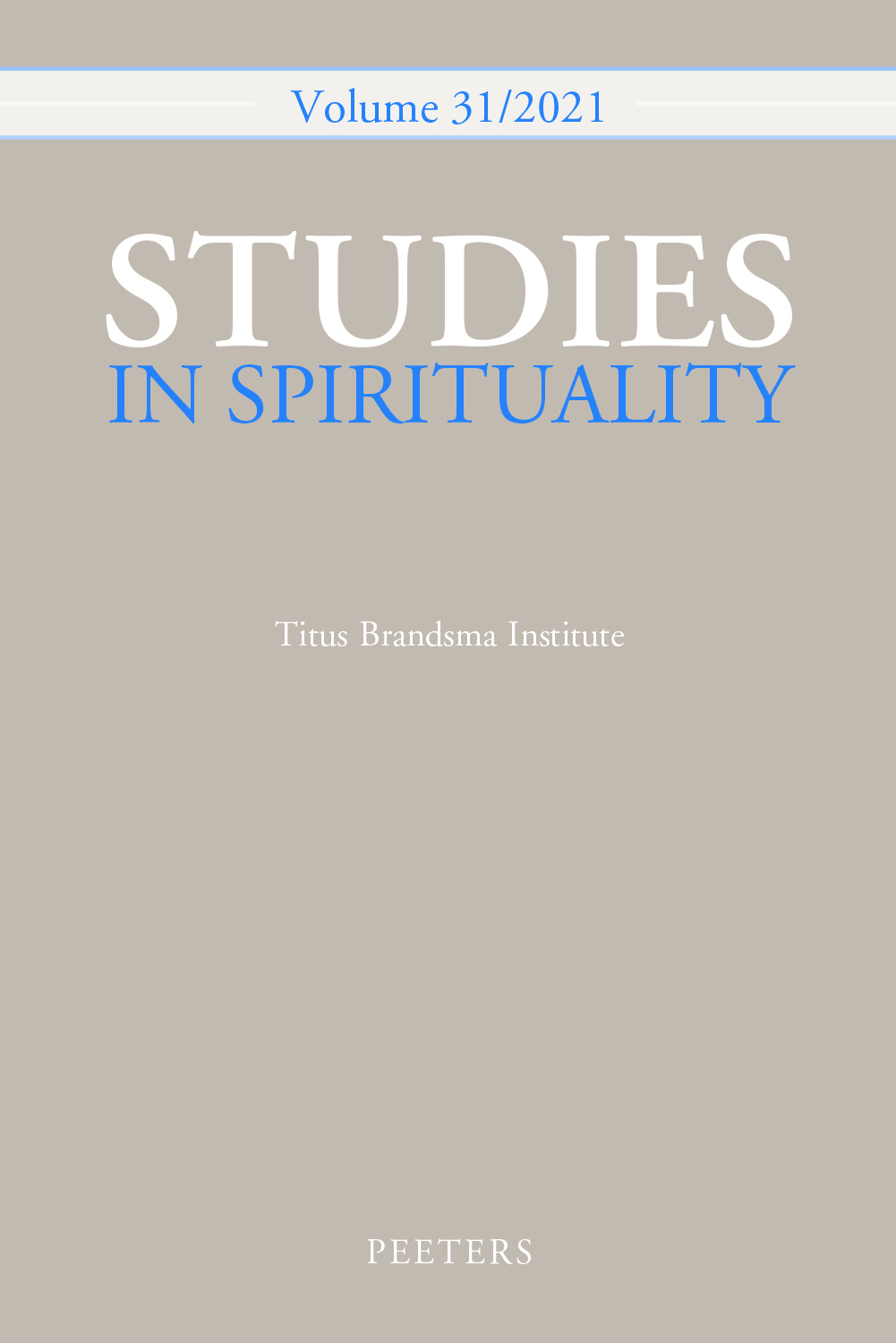 previous article in this issue previous article in this issue | next article in this issue  |

Preview first page |
Document Details : Title: Religious Experience and the National Community - The Version of R. Shneur Zalman of Liadi Author(s): ORENT, Leah Journal: Studies in Spirituality Volume: 13 Date: 2003 Pages: 99-117 DOI: 10.2143/SIS.13.0.504591 Abstract : Personal mystical experience is depicted as a moment of eternity, unrelated to place and time, detached from social, national and historical reality. The conflict between personal experience and the doctrines and practices of the national community is prominent in Judaism, the national religion of the Jewish people. This conflict between individual aspirations and the received doctrines and practices of the Jewish community is well addressed in the teachings of Rashaz, even though he did not write a systematic treatise on the subject. Fragments of his thought are scattered throughout the many volumes of Biblical commentaries and Hasidic discourses, written in homiletic style. The attempt to integrate the fragments into a system, using contemporary terminology, reveals a harmonizing tendency. Rashaz challenges the assumed dichotomy between the individual and the national community by relating to the origins of both. The Jewish community is portrayed as an organic unity of individuals, rooted in metaphysics and destined for a common holy purpose. Thus, the personal religious experiences converge into a higher unity, the ‘Song of Songs’. The individual person, on the other hand, emerges within the communal and national context. His personal religious quest is perceived as a national inherited quality. Hence the individual and the national community are interrelated and inseparable. This is, perhaps, an Hegelian solution, based though on Kabbalistic concepts. |
|


